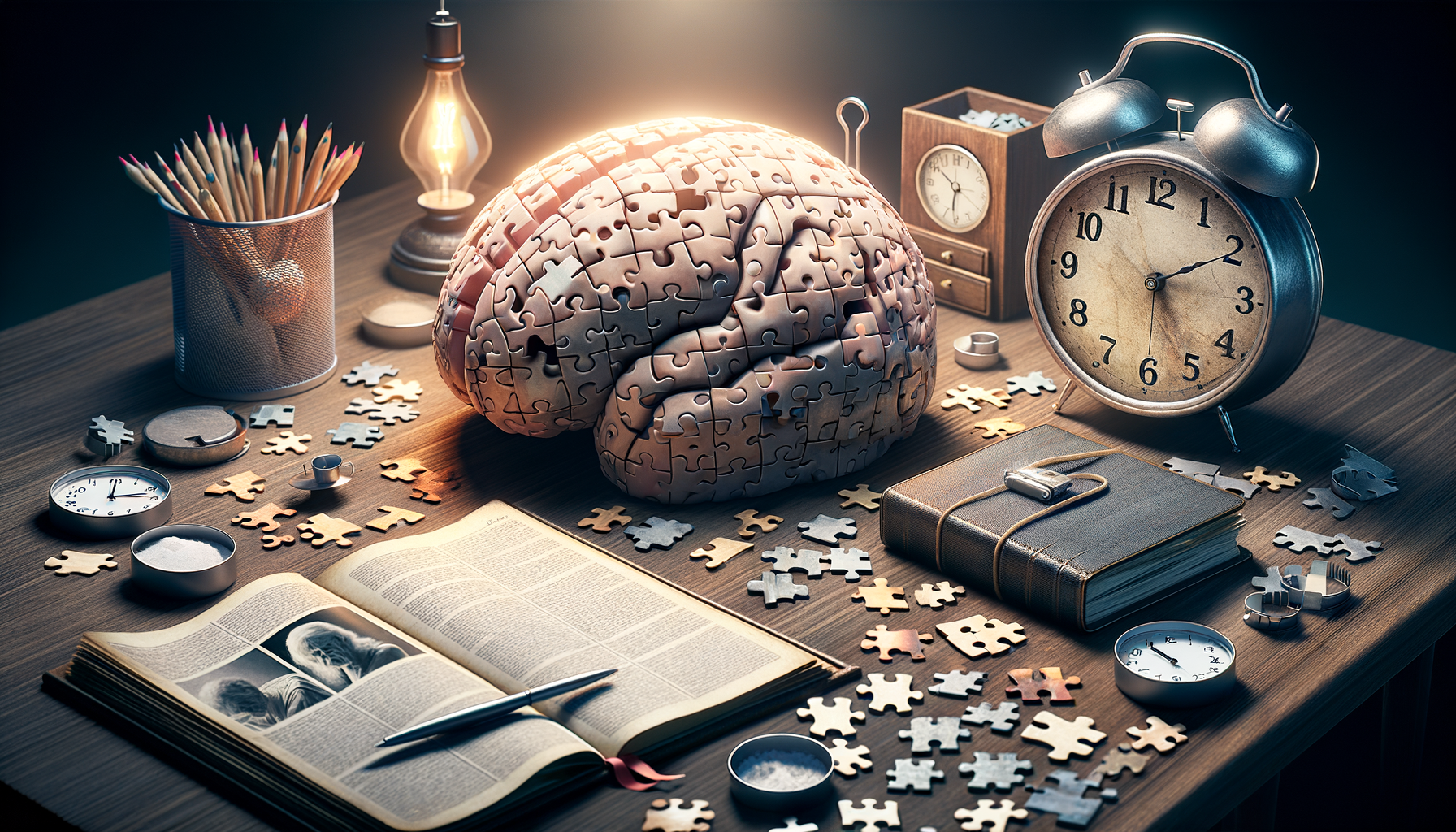Understanding Dementia: First Symptoms, Expert Tips, and What Families Miss Most
Introduction to Dementia Dementia is a complex condition that affects millions worldwide, and recognizing its early signs is crucial for timely intervention. It encompasses a range of symptoms associated with a decline in memory and cognitive abilities severe enough to interfere with daily life. Understanding dementia is essential not only for medical professionals but also

Introduction to Dementia
Dementia is a complex condition that affects millions worldwide, and recognizing its early signs is crucial for timely intervention. It encompasses a range of symptoms associated with a decline in memory and cognitive abilities severe enough to interfere with daily life. Understanding dementia is essential not only for medical professionals but also for families and caregivers who are often the first to notice changes in their loved ones. This article delves into the early signs of dementia, providing insights and expert tips to help families navigate this challenging journey.
Recognizing the Early Signs of Dementia
Identifying the early signs of dementia can be challenging, as they often resemble normal aging. However, certain symptoms stand out and should not be ignored. One of the most common early signs is memory loss that disrupts daily life. This includes forgetting recently learned information, important dates, or events and asking for the same information repeatedly. Another sign is difficulty in planning or solving problems, such as trouble following a familiar recipe or keeping track of monthly bills.
Additionally, individuals may experience confusion with time or place, such as losing track of dates, seasons, or the passage of time. Misplacing things and losing the ability to retrace steps is another red flag. If these symptoms are observed, it is advisable to consult a healthcare professional for a comprehensive evaluation.
It is important to differentiate between typical age-related changes and dementia. For instance, occasionally forgetting names or appointments but remembering them later is normal, whereas consistently forgetting and struggling to recall them is a concern. Early detection can significantly improve the quality of life for those affected and their families.
Expert Tips for Managing Dementia
Once dementia is diagnosed, managing it effectively becomes the next step. Experts recommend several strategies to help cope with the condition. First and foremost, maintaining a structured routine can provide a sense of stability and reduce confusion. Engaging in regular physical activity is also beneficial, as it promotes overall brain health and can slow cognitive decline.
Social engagement is another crucial aspect. Encouraging participation in group activities or hobbies can help maintain social skills and provide emotional support. Additionally, a healthy diet rich in fruits, vegetables, and whole grains is recommended to support cognitive function.
Caregivers should also focus on creating a safe environment. This includes removing potential hazards and ensuring the home is well-lit and easy to navigate. Utilizing memory aids, such as calendars and reminder notes, can help individuals with dementia manage daily tasks more effectively.
Common Misconceptions About Dementia
There are several misconceptions surrounding dementia that can lead to misunderstanding and stigma. One common myth is that dementia is a normal part of aging. While it is true that the risk increases with age, dementia is not an inevitable consequence of growing older. It is a result of specific diseases that damage brain cells.
Another misconception is that all memory loss is indicative of dementia. While memory issues are a hallmark of the condition, other cognitive functions such as reasoning, judgment, and language are also affected. It is crucial to understand that dementia is a progressive condition that varies from person to person.
Furthermore, some believe that nothing can be done once dementia is diagnosed. While there is currently no cure, early diagnosis and intervention can significantly improve the quality of life. Treatments and therapies can help manage symptoms and provide support to both individuals and their families.
Conclusion: Supporting Families Through Dementia
Dementia presents a unique set of challenges that can be overwhelming for both the individuals affected and their families. Recognizing the early signs and seeking professional help is crucial for effective management. By dispelling misconceptions and focusing on practical strategies, families can provide better support and improve the quality of life for their loved ones.
It is important for families to stay informed and connected with support groups and resources. Sharing experiences and learning from others can provide comfort and guidance. Ultimately, understanding dementia and its impact can foster a compassionate approach, ensuring that individuals live with dignity and respect.